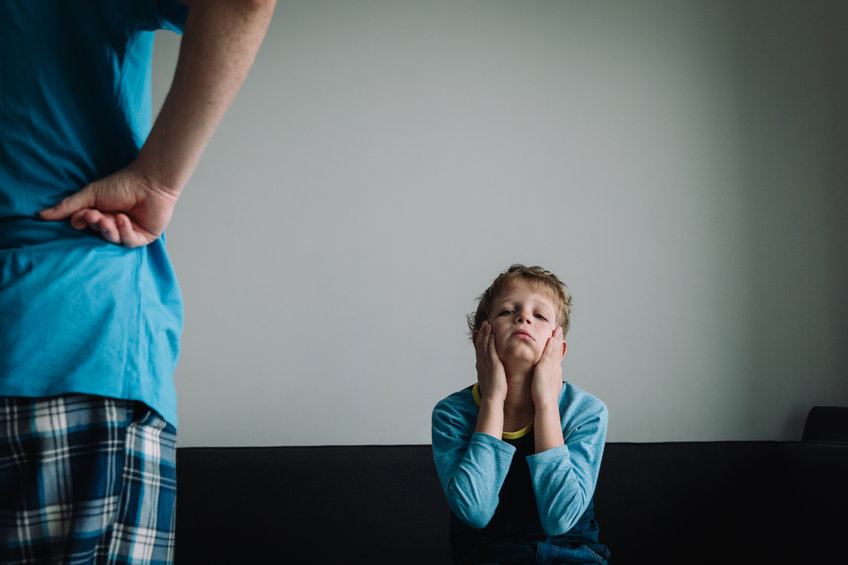I was talking with a colleague about how cut off from their feelings we train our boys to be. She was talking about a woman who, in session, told her male partner “I don’t want a sissy” when he was being vulnerable.
In childhood, many boys will have the experience that if they show emotions they are punished (in the Classical Conditioning sense). Sometimes the punishment is violent and brutal. As a client of mine recently said “I grew up as a boy in NZ and if you showed emotion you got beaten up”. Note this is a boy from a middle class family who went to a few different schools. Sometimes the punishment is as subtle as the frown on a parent’s face or a “you’ll be alright” which is meant to encourage but actually invalidates. Especially when, as happened to a different client, the kid actually needs eight stiches.
The trouble with this approach to parenting boys is that kids are bad at NOT showing what they feel. So when boys are punished for showing feelings, they have to learn not to have them or, more accurately, not allow themselves to notice they are having them.
In Pavlov’s experiment, the dogs ended up salivating at the sound of the bell. Repetitve punishment means many men feel fear or anxiety the moment they experience an emotion. Having a feeling is an aversive experience for them. So when their partner’s criticise and, often, shame them for being unresponsive or emotionless, they are inadvertently adding to the aversive conditioning.
To make matters worse, fear and anxiety are, of course, feelings. So what what can the men do about their fear, then? If they can’t avoid, suppress or deny it, they project it outwards as anger and blame.
Recent research out of the University of Auckland’s “REACH” relationships lab ,stresses that men who are behaving aggressively usually feel disempowered.
As therapists, it is easy to become frustrated with shut down, walled off, unempathic male clients. And to be appalled at the toll of emotional and physical harm they leave in their wake. Yet, if we can’t find a compassionate understanding of how they got that way, we are unlikely to help them to change and that does nothing to help the people who love them who are being hurt by them.

